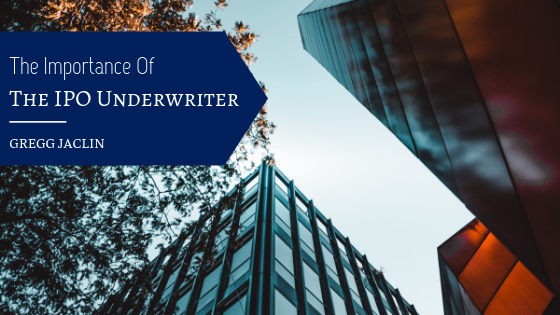When a private company issues an initial public offering (IPO), it hires an underwriter, usually an investment bank, to assist with the process. Goldman Sachs, for example, routinely handles taking established private companies public. The underwriter plays a crucial role in preparing the IPO in terms of meeting regulatory obligations, paying fees and making financial information available to investors. The underwriter is ultimately responsible for recommending the IPO price after conducting research regarding the industry and financial markets.
Underwriter Activity
Leading up to the IPO, the underwriting team of financial specialists have conversations with large prospective stock buyers such as mutual funds and insurance companies. Without the support of firms buying large blocks of stock, the IPO may be postponed or cancelled, although the underwriter may also buy large blocks if they can’t sell enough shares to big players. If the investment bank is forced to buy excessive shares, it may decide to sell a high quantity after going public, which is high risk for all parties involved because it can push the price downward.
Why Underwriter Credibility Matters
Professional investors consider underwriter credibility to be a barometer for making safe investments. A big investment firm like Morgan Stanley tends to attract seasoned investors because the Wall Street firm is well-established with a long history of underwriting successful IPOs. Investors also look for underwriters that buy a large percentage of shares, which lowers the size of the public float. The lower the float, the harder it is to buy the stock cheap, which can help drive prices upward.
Beware of Issuers with Zero Revenue
Some investment firms specialize in taking disruptive development stage tech companies public. As impressive as that may sound, the firm usually deals with issuers that have yet to make any revenue so they start out as penny stocks. Less savvy investors may think they are getting in on the ground floor. But history shows that investing in companies with zero revenue, like websites of the 90s dotcom boom, is extremely high risk.
For investors and private companies alike, it is important to research an IPO’s underwriter and their track record prior to agreeing to a commitment or investment.

